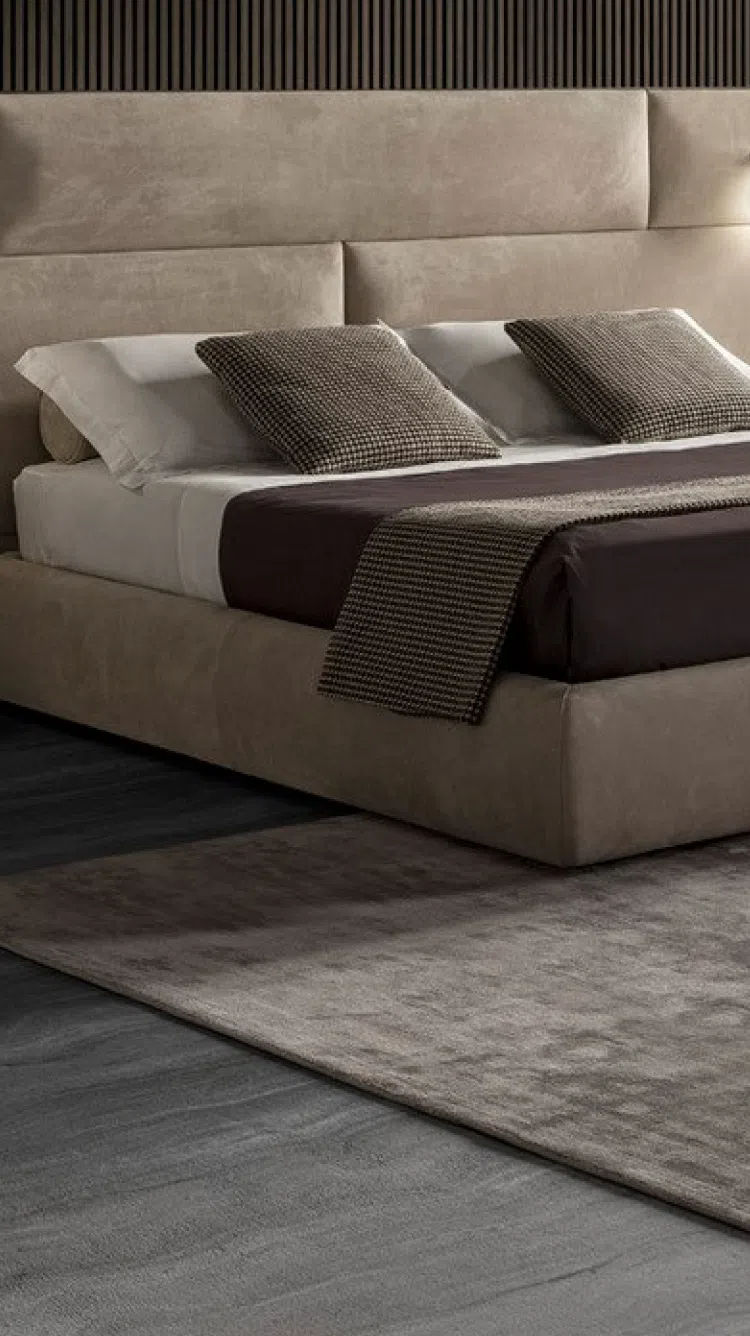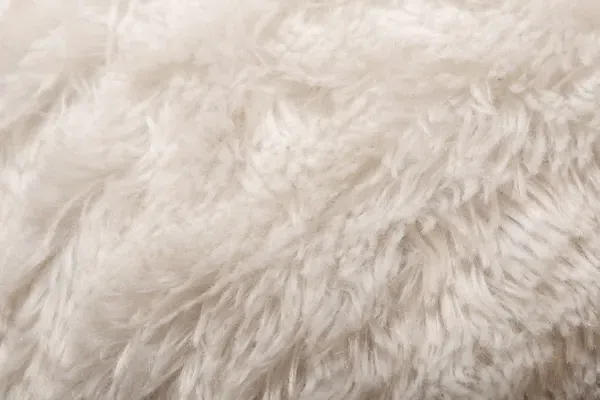Sheep wool is a natural fiber that is harvested from sheep. It is known for its crimped texture, elasticity, and the natural lanolin found within it which can repel water and dirt. Here are some key characteristics and considerations when it comes to using sheep wool as a furniture material:
Durability and Comfort: Wool fibers are naturally strong and durable, which makes them suitable for furniture that will receive frequent use. The crimp in the wool fibers contributes to wool's elasticity, meaning that wool upholstery can withstand compression and yet return to its original shape, making it a comfortable choice for seating.
Insulation: Wool is an excellent insulator, which means it can help regulate temperature. Wool keeps you warm in the winter by trapping heat, and it can be surprisingly cool in the summer because of its moisture-wicking properties. This can add to the comfort level of the furniture.
Hypoallergenic: Wool is resistant to bacteria, mold, and mildew, which can benefit people with allergies. This quality can be particularly appealing for bedding furniture like mattresses.
Sustainability: For those concerned with environmentally friendly materials, wool is a renewable resource. If sourced responsibly, sheep wool can be an eco-friendly choice due to its biodegradability and the fact that it doesn't require harmful chemicals in its production.
Flame Resistance: Wool is naturally flame-resistant due to its high protein and moisture content. It has a higher ignition threshold than many other fibers, doesn't melt, and often self-extinguishes once the source of the flame is removed. This can be a significant safety feature for furniture.



